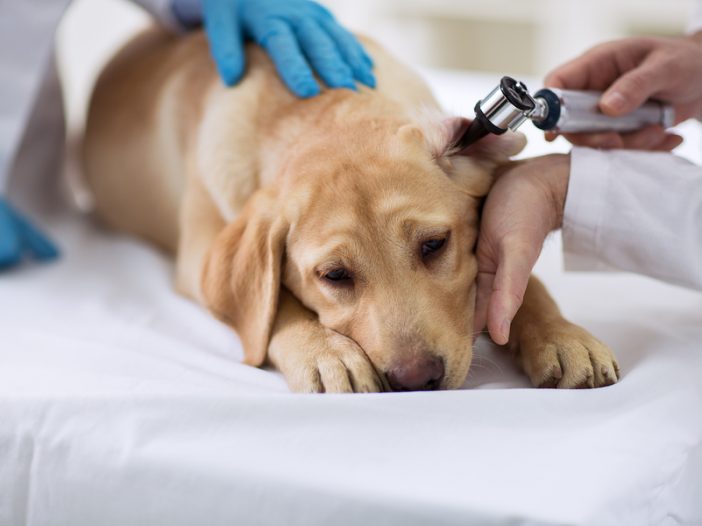

Can I be a SuperVet and have a Superlife? The latest Tweet from #SuperVet would suggest no, you can’t. @SupervetNF is a friend and colleague. I admire him for many reasons, but his latest tweet got me thinking. It said:
“The patient always comes first, and that may be at the cost of your own personal life. If you aren’t prepared for that, it’s not a vocation, it’s a job.”
This may all be in the name of reality show greatness. (I should disclose that I would like nothing more than to have a veterinary surgical oncology reality TV show. Maybe I’m just a bit jelly.) However, I think that this quote represents a dangerous idea for our profession. Let’s unpack this a bit.
I agree with the first part, the patient should always come first. The patient should come before money, our own opinions, interdepartmental squabbles about whose case it is, and even the client’s wishes. I have always said that when I am faced with a veterinary medicine dilemma, focusing on the patient always keeps on the right path. Always? Always.
The next part is the concerning part for me, “that it may be at the cost of your own personal life”. This is rather dramatic, isn’t it? Is it not possible to do both? Can we not set up our practice in a way that always takes excellent care of the patient, the client and the veterinarian? And it’s also a little judgey. It suggests that if you don’t sacrifice your personal life, then you are not putting the patient first and you are not a supervet.
The second part, is also troubling, the hairsplitting definition of job versus vocation “If you aren’t prepared for that”. Most veterinarians feel a calling to work with animals and to help people. Most fulfill the vocation part of the test for moral high ground in their occupation of choice. Most veterinarians have sacrificed a lot, just to be veterinarians. Do we have to keep sacrificing every day, just to prove that what we are doing has a greater purpose. I would argue that we might be healthier as a profession if more veterinarians treated their job like a job. It is a job by most definitions of the word job. It would be better for everyone to just do their job, not worry about everyone else’s job, and then go home from their job to their real life. Can we just call veterinary medicine a profession or a career and leave it at that?

The sentiment of these statements perfectly summarizes the danger that we continue to face in this profession. These two sentences, meant to inspire, are a recipe for compassion fatigue. These sentences tell us that those in the profession who care enough to sacrifice their personal lives are better than those that set boundaries, because then it is just a job. This is the philosophy of the Compassion Fatiguers (#CompassionFatiguers).
It is both judgment and justification for the self-judgment that always comes when we give up more of yourself than we care to. This sentiment is not healthy. It leads veterinarians to feel that they are selfish if they want to have a life outside of work and that if they are not willing to give this up, they are less than veterinarians who sacrifice. They just have jobs. This feeling can also lead to depression, suicide, compassion fatigue and burnout.
This feeling is a lie.
We can take great care of patients and of ourselves. But it requires setting boundaries and feeling a bit counter-culture to our profession when we do this. Dedication to our patients is admirable, but martyrdom is not. We can’t take care of our patients or clients unless we take care of ourselves. Our veterinary influencers need to teach the new generation of veterinarians this mantra, or they will end up just like us, and that is not a good thing. For me, creating these boundaries feels a bit like swimming upstream over a waterfall and around a hungry grizzly bear. But we have to try to make it to the top of the stream. If we can, there is a whole school of tired salmon up there waiting, spawning big ideas.